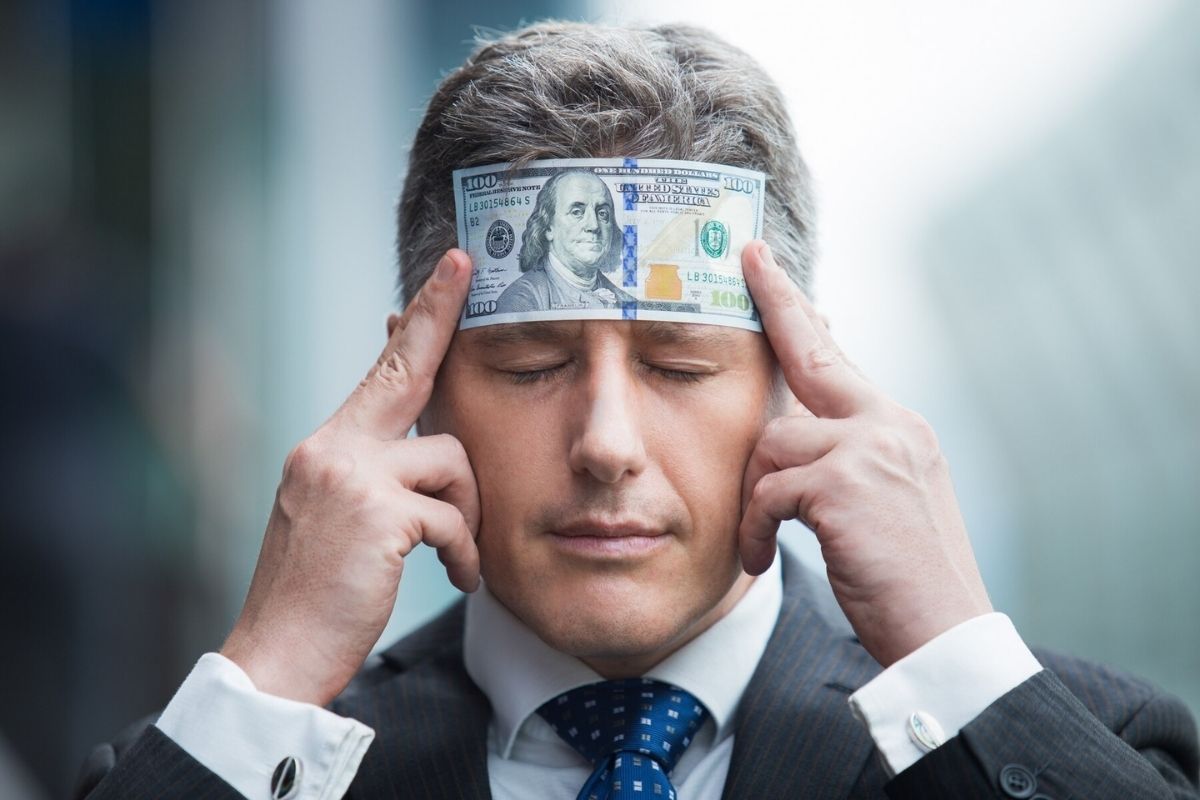
Photo Credit: Freepik.com
Understanding Behavioral Economics: A Blend of Economics and Psychology
Behavioral economics merges economics and psychology to explore how people make decisions in real-world scenarios. Unlike neoclassical economics, which assumes individuals make well-informed, rational and self-interested choices, behavioral economics acknowledges human impulsivity, emotional influences and external factors.
Core Concepts in Behavioral Economics:
Have you wondered why people act against their best interest? For example, have you thought about why gamblers double down after winning or losing, even when odds remain unchanged? These behaviours, guided by emotions and circumstances, often deviate from the logical decision making expected in neo-classical economics.
Nudges: Gentle Pushed Towards Better Decisions
You must be wondering what a nudge is? A nudge subtly influences choices to encourage specific actions without being coercive. For instance: Placing fruits at eye level in cafeterias nudges students towards healthier choices. Banning junk food, on the other hand, would not qualify as a nudge, as it removes freedom of choice.
Popularising Nudges
Richard Thaler and Cass Sunstein’s book “Nudge: Improving Decisions About Health,Wealth and Happiness” brought the concept of mainstream attention, showcasing how subtle change in the environment can guide decision-making.
Factors Influencing Human Behavior:
1. Bounded Rationality: People make decisions based on the limited knowledge they possess. Example: Investors use publicly available data, but they may not fully understand a company’s internal workings, leading to suboptimal decisions.
2. Choice Architecture: How choices are presented impacts decision making. For example, Supermarkets place crackers near cheese to subtly guide consumers toward buying complementary items.
3. Cognitive Bias: Decisions are often shaped by subconscious biases. Example, An investor may choose a company because they like its logo or the CEO’s charisma, not because of its financial metrics.
4. Discrimination: Prejudices can shape choices, often leading to irrational preferences. Example: Someone might favour one product based solely on personal perceptions or biases.
5. Heard Mentality: People often mimic the choices of others. For instance, fans of a struggling sports team continue their support, driven by collective loyalty rather than logic.
Applications of Behavioral Economics:
1. Financial Markets: Behavioural economics helps explain irrational investor decisions, such as panic selling during market downturns or speculative bubbles fueled by fear of missing out.
2. Game Theory: This concept analyses decision-making patterns and attempts to predict irrational behaviors in competitive settings. For example, in poker, understanding psychological tendencies can provide an edge.
3. Pricing Strategies: Business use behavioural insights to create perceived value. The most famous example would be Apple’s Initial 600$ price tag for the iphone reduced to 400$ made customers feel they were getting a better deal, even though the phone’s true value remained the same.
4. Product Packaging: Packaging can target diverse consumer needs. Example: Soap marketed for “Sensitive skin” appeals to a niche audience, despite being identical to the general version.
5. The Role of Behavioral Economists: Behavioral economists help governments craft policies that protect consumers and assist companies in understanding consumers and assist companies in understanding consumer behavior. They analyze why people make decisions and design strategies to influence those choices.
Challenges and Ethical Considerations:
1. Manipulation risks: The principles of behavioral economics can be exploited to deceive. Companies may use psychological tactics, such as selective pricing or misleading marketing, to influence consumer decisions unfairly.
2. Understanding Human Irrationality: Behavioral economics often struggles to explain the full spectrum of irrational human behavior, as it varies greatly across individuals and contexts.
Behavioral Economics Vs Psychology:
Behavioral economics seeks to understand why people often make irrational economic choices. By examining emotional, psychological, and environmental influences, this field provides insights into how individuals deviate from rational decision-making models, reshaping our understanding of human behavior. To explore more about the interplay of behavior and decision-making or meet the minds behind these insights, you can contact professional psychologists at ImPerfect who can not only help you understand these patterns but also guide you in making more informed and balanced decisions in various aspects of life. Visit ImPerfect to connect with experts and explore resources tailored to your needs.
Urveez Kakalia and Krupa Abraham
Reference:
Further Readings:
Lisciandra, C. (2018). The role of psychology in behavioral economics: The case of social preferences. Studies in History and Philosophy of Science Part A, 72, 11-21.
Kahneman, D. (2003). Maps of bounded rationality: Psychology for behavioral economics. American economic review, 93(5), 1449-1475.
Sent, E. M. (2004). Behavioral economics: How psychology made its (limited) way back into economics. History of political economy, 36(4), 735-760.
